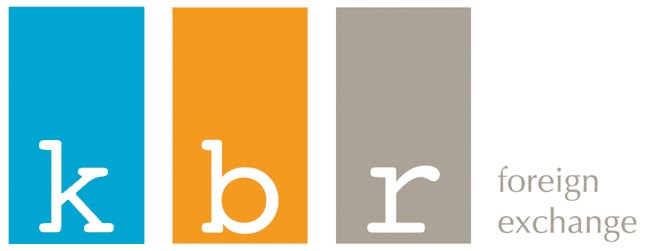The news that Moody’s Investor Services could potentially downgrade the UK’s AAA credit rating pushed the Pound lower during yesterday’s trading session. The ratings agency warned that the UK could lose its top credit rating if the government failled to hit its fiscal targets. Francesco Meucci of Moody’s said, “slower growth combined with weaker-than-expected fiscal consolidation efforts” could be cause “to reconsider our stance.” However Meucci did state that the outlook for the UK’s AAA credit rating remains stable, but the warning was enough to stir the foreign exchange market and the GBP/USD exchange rate fell to 1.6355, but this morning the rate had recovered to 1.6466 making it better to buy Dollars.
For the first time this week the UK will be publishing important economic figures, the main event being the Bank of England's interest decision for the month. Forecasts call for the central bank to hold key interest rates at the historic low of 0.5% and to maintain the stock of asset purchases at £200 billion. A surprise rate hike would bolster the Pound's standing, but given the ongoing weakness in the economy and Chancellor George Osborne's implementation of austerity measures, the chances of this happening are very remote. Prior to the interest rate, the UK's visible trade balance is expected to show a narrower deficit since March from £7.66 billion to £7.549 billion. The news could potentially lift the Pound before the BoE announce their rate decision.
A larger than expected decline in Germany’s export figures for April worked against the Euro yesterday, and the single currency was further hampered by an unexpected contraction in German industrial production over the same period. The figures showed that exports in Germany fell by 5.5%, a much worse result than estimates of a 3.0% decline, while the nation's industrial production contracted by 0.6% month-on-month when a 0.2% increase had been forecast. Europe's second round of GDP estimates did nothing to support the Euro despite confirming that Euro-zone growth was up by 0.8% from 0.3% in the 4th quarter of 2010 as sovereign debt fears continued to weigh on the Euro when news came out that Greece may not receive its next lot of aid. A report published by Reuters said that the EU, IMF and ECB would not provide further aid unless Greece could resolve under-financing in its adjustment programme. The news allowed the Pound to regain its footing against the Euro and the exchange rate rose to 1.1250 by the open of the Asian session and the GBP/EUR exchange rate had slipped back to 1.1238 by this morning.
As always when the Bank of England announce their interest rate decision, so too will the European Central Bank. Economists widely believe that the ECB will hold interest rates at the current level of 1.25%, however there will be huge interest in the conference that follows. Trader's will listen closely to ECB President Jean-Claude Trichet's comments for the key phrase of "strong vigilance" to be dropped, a phrase that signals that a rate hike will take place at the next policy meeting and this would bolster the Euro.
The Fed's Beige Book report headlined the US trading session yesterday, and showed that growth had slowed in the federal districts of New York, Philadelphia, Atlanta and Chicago, while other districts continued to grow at a steady pace, mainly led by manufacturing. Ongoing weakness was reported within the housing sector as demand fell for residential construction and real estate, and consumer spending was also reported lower as consumers struggle with rising food and energy prices and fewer job opportunities. The overall picture is one of sluggish growth in the US, meaning that the Federal Open Market Committee is unlikely to raise rates off the 0.25% low until a more robust recovery is achieved.
Today’s docket will be another quiet one for the US with April’s trade balance sheet standing out as the most influential of the figures out today. Forecasts call the US trade deficit to widen from $48.2 billion in March to $48.8 billion, an outcome that could potentially weaken the Dollar’s standing against the other majors. However the currency could receive a slight lift later into the session as weekly jobless claims figures look set to fall for both initial and on going claimants.


No comments:
Post a Comment